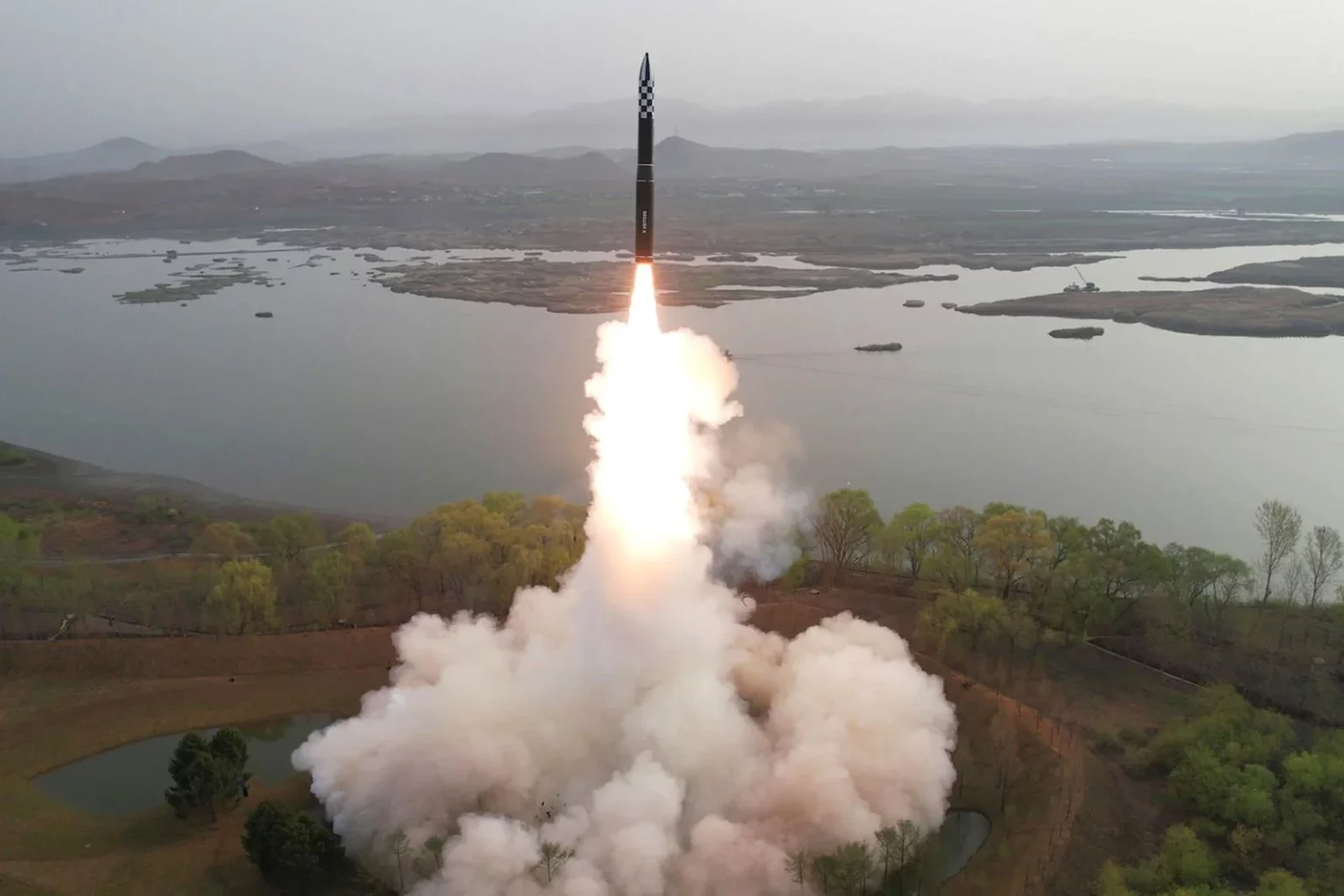North Korea’s pursuit of satellite launch capabilities has hit a significant roadblock for the second time in a row, as reports indicate that their recent attempt to send a spy satellite into space ended in failure. The country’s state media, represented by the Korean Central News Agency, confirmed the failure, attributing it to an error in the emergency blasting system during the rocket’s third-stage flight.
This setback raises renewed questions about North Korea’s technological capabilities and intentions in the space domain. The previous attempt by North Korea to launch a satellite, which took place earlier this year, also met with failure when the rocket carrying the satellite plunged into the sea shortly after liftoff.
The South Korean Joint Chief of Staff had earlier detected the launch of a North Korean projectile, which many experts believe was a space rocket. This development followed North Korea’s communication to the Japanese Coast Guards about their intention to launch a satellite into space once again.
North Korea’s claims of launching a “space launch vehicle” from North Phyongan province have been met with skepticism, given the country’s track record of unsuccessful space endeavors. Previous attempts have demonstrated limited success and questionable military utility, prompting speculation about the true motives behind North Korea’s space ambitions.
The repeated failures also shed light on the ongoing tensions between North and South Korea, as well as the broader concerns of the international community regarding North Korea’s nuclear and missile programs. Despite diplomatic efforts aimed at resolving these issues, the situation remains complex and unresolved.
Kim Jong Un, the leader of North Korea, has emphasized the importance of developing a military spy satellite, making it a priority for the nation. However, the consecutive failures cast doubt on the feasibility of achieving this goal in the near future.
As North Korea grapples with technical challenges in its pursuit of satellite launch capabilities, internal questions are likely to arise about the effectiveness of the ruling party’s strategies. The recent failure is anticipated to trigger internal discussions and assessments within North Korea, adding to the complex dynamics surrounding the country’s space ambitions.




